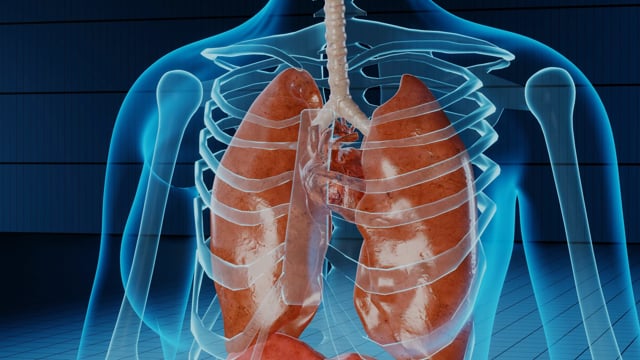It turns out that current human intake of meat is just a “nibble” that will turn into a “chomp” over the next several decades. Humans have tried “beefalo”, “cattalo” and others but it is clear more revolutionary approaches are unavoidable.
And whether you like beef, escargo, mutton or jerky, a “test tube” or “in vitro” version could be on store shelves soon. Neanderthals never considered not eating meat but with the encroachment of human cattle raising activities on critical ecosystems byzantine methods of modern meat production are giving way to a re-examination of methods. The addition of potentially life altering technologies such as “in vitro” meat, a brainchild of modern science, is adding new and intriguing chapters to the annals of science history.
We are living in a world where over the next 40 years the citizenry’s demand for meat will double; scads of environmental consequences could ravage the environment. The average American consumes 276 pounds of meat per year while Indians eat just 7 pounds. Surprisingly, Argentina and Luxembourg lead the world in meat consumption with over 300 pounds per person per year.
PETA Supports In Vitro Meat Intake
The threat is so real that multifarious environmental and animal rights groups such as People for the Ethical Treatment of Animals or PETA, vociferous defenders of animal kind, are getting involved: PETA is offering a $1 million prize for the first laboratory to use chicken cells to create a commercially viable in vitro meat.
MIT Weighs Beef Consumption and Biodiversity
Not to be discomfited, think tanks and research institutions, including MIT are looking for solutions. In a report called “Mission 2015 Biodiversity” MIT scientists review the problems and costs of current meat production methods and look at alternatives including cultured meat, lab grown meat and ways to lessen the impact of meat production through techniques such as methane capture and meat consumption reduction policies.
Synthetic Muscle Tissue
Dutch scientist Mark Post of Maastricht University in the Netherlands has been growing synthetic lumps of muscle tissue for the past 10 years from bovine stem cells which is then ground into hamburger meat. The project was funded by a $325,000 anonymous contribution. The team is working on developing large scale production models.
Cost Per Pound
Short of converting the entire world to a belief in the “Holy Cow” or vegetarianism it seems inevitable test tube meat will become a reality. The first pound of in vitro meat cost $325,000 but it is believed the price can reach $1 per pound once the technology is scaled up.






